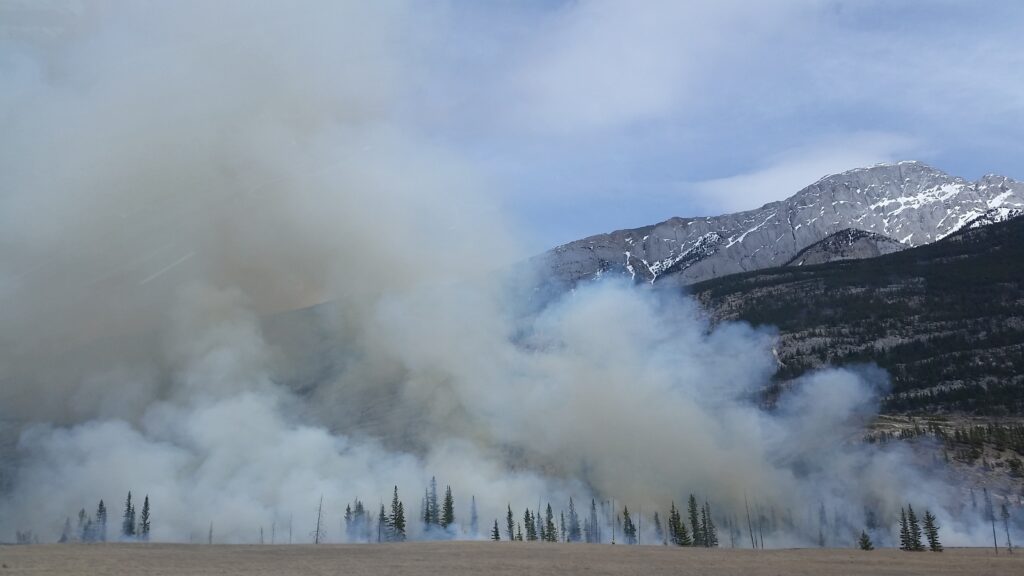
It seems that California is on fire again, along with large portions of the Western United States in general. It’s not the kind of natural disaster we see a whole lot of here where I’m at in the Mid-Atlantic, but some of what you need to keep in mind for wildfire season can be applied no matter where you are, whether you’re facing flames or floods.
A lot of people don’t follow the news, or they tend to follow national news instead of what’s happening locally. Some only pay attention to what crosses their social media feeds. While that might be a viable strategy for protecting your mental health from all of the outraged reporting, you still need to know what’s going on in your geographic region so that you have up-to-date information about the dangers you might be in. You shouldn’t find out that there’s a major forest fire going on because the air is getting smokier, and you certainly shouldn’t be looking for fire in the distance to see whether your neighborhood is in immediate danger. Find a reliable local news outlet and check their website regularly, especially “in season” for natural disasters in your area.
Wildfires, like other widespread events, can disrupt power and other utilities. Even if you can safely stay put, you may not have the resources you’re used to and they may be out for days or more at a time. It’s one thing to keep your cell phone and a backup battery or two charged up, but can you survive for a week or more without electricity and running water? Depending on the severity of damage, you might lose utilities not just during the event, but for a significant amount of time afterward. All this, of course, assumes that your home is not in direct danger, and that it survives intact.
Neither of those are given, so you might have to leave. Environmental conditions such as smoke and ash in the air can force you out earlier, not to mention government evacuation orders. Regardless of why, having in mind what you’ll need to pack up and bring with you will be a huge help. Instead of a mad dash through your house grabbing things at random, spend some time now putting together bags and lists of essentials and valuables. They should include identification, cash, access information for financial and credit accounts, contact information for your insurance providers, extra medications, and what you’ll need for everyday survival and comfort. Don’t assume you’ll remember a jacket or your socks at the last minute – make sure you have those listed or packed too. Be realistic about what can fit in your vehicle, and even do a test pack of it if you need to. You might decide that it’s better to risk certain items being stored in a fire-resistant safe in your home, or to move precious photographs and videos to cloud storage instead of needing to bring hard drives with you. As you get closer to potentially needing to leave your home, start making sure everything that isn’t already packed up is, and that they’re easily accessible so you can load your car and go.
As part of preparing to go, you should also map out a number of alternate routes. Your usual ways out of town may not be passable because of the fires or because everyone else is trying to leave too. Part of keeping an eye on the news is to learn in advance if a particular road becomes problematic, whether from traffic jams or because it’s too close to the flames. Regardless, evacuation might also take longer than you expect and you might have to go further than you originally think before you can find available shelter. Make sure you keep your gas tank filled and have food and water for yourself, your family, and any pets. Bring along basic survival equipment as well, since you might get stranded.
The nature of wildfires can put your home in danger for more than the few hours than most natural disasters. Their destruction is much more slow-moving, and that means days or weeks of watching and waiting to see how bad the damage will be – but also days or weeks to prepare for a known, specific danger instead of the vague threat of storm season. Are you ready?




